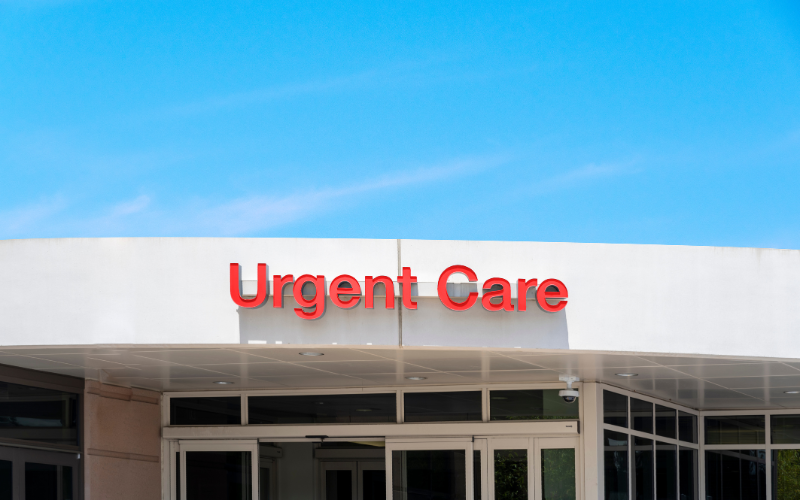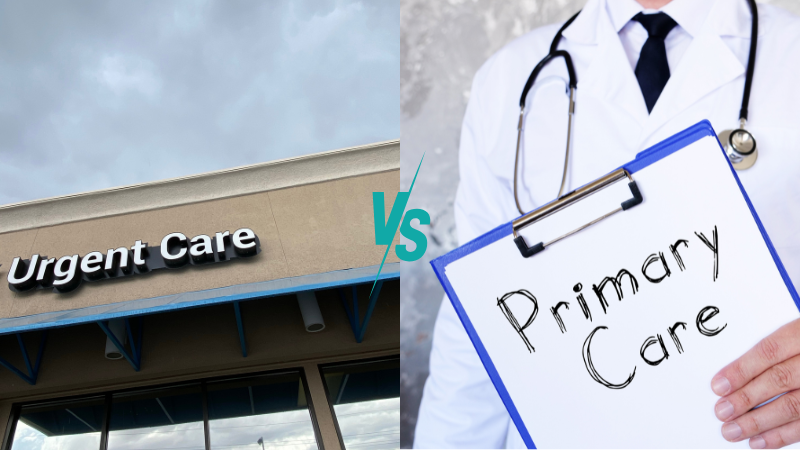
Life is unpredictable, and health uncertainties are an inevitable part of the journey. From minor mishaps to unexpected illnesses, knowing when to seek urgent care can be crucial for timely and effective treatment. In this comprehensive guide, we’ll explore the signs and scenarios that indicate when urgent care is necessary. Understanding these situations empowers individuals to make informed decisions about their health, ensuring they receive the appropriate care at the right time.
Definition of Urgent Care and Its Distinction:
Urgent care is immediate outpatient care designed to address acute and chronic medical issues requiring prompt attention. It serves as a middle ground between primary care and emergency care, providing a convenient option for non-life-threatening conditions that can’t wait for a scheduled appointment but don’t warrant a visit to the emergency room. Recognizing the distinction between urgent care and other healthcare options is the first step in knowing when it’s the right choice for your situation.
Common Conditions Treated in Urgent Care:
Understanding which conditions merit urgent care is crucial for making timely decisions about seeking medical attention. Common issues include respiratory infections, minor injuries like sprains and cuts, urinary tract infections, and mild allergic reactions. While certain symptoms might initially seem manageable at home, persistent or worsening signs should prompt a visit to urgent care for professional evaluation and treatment.
When to Choose Urgent Care Over Emergency Room:
Distinguishing between urgent care and emergency room needs is vital for optimizing healthcare resources. Urgent care is suitable for non-life-threatening conditions like minor injuries, fever, and common infections. Emergency rooms should be reserved for severe injuries, chest pain, difficulty breathing, and other life-threatening situations. Knowing the difference ensures you receive timely care while avoiding unnecessary delays in emergency rooms.
Benefits of Urgent Care Accessibility:
Urgent care facilities operate outside standard office hours, providing accessibility when primary care physicians may not be available. This convenience minimizes wait times compared to emergency rooms and allows individuals to promptly address medical concerns. Choosing urgent care for non-emergency situations helps alleviate the burden on emergency services, ensuring they can focus on critical cases.
Recognizing when urgent care is necessary is key to proactive healthcare management. Whether it’s addressing minor injuries, unexpected illnesses, or persistent symptoms, understanding the role of urgent care ensures you receive timely and appropriate medical attention. If you find yourself in need of urgent care in Henderson, our facility is here to provide quality care and support. Your health is our priority, and by choosing urgent care when appropriate, you contribute to the efficient use of healthcare resources. Take charge of your well-being and visit our urgent care facility for prompt and professional assistance.





